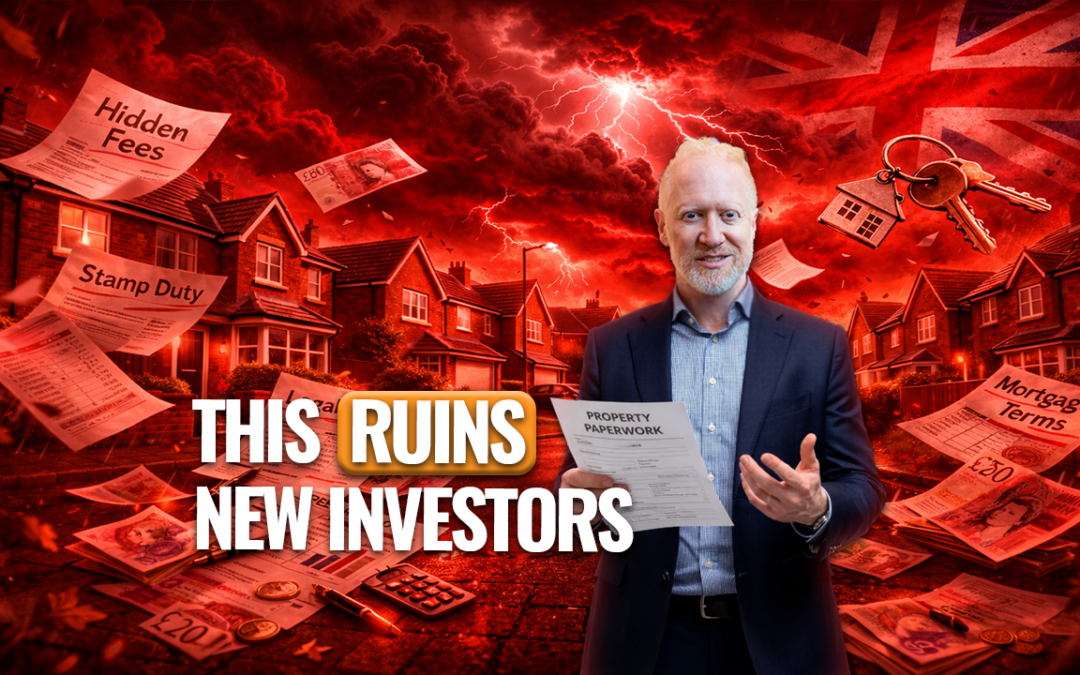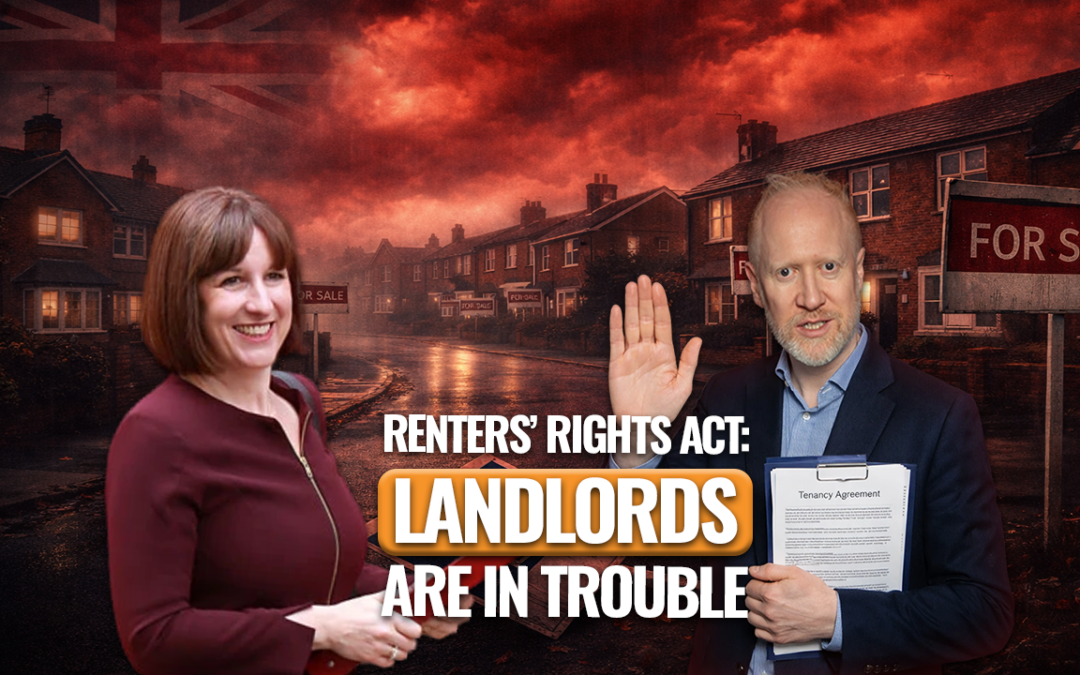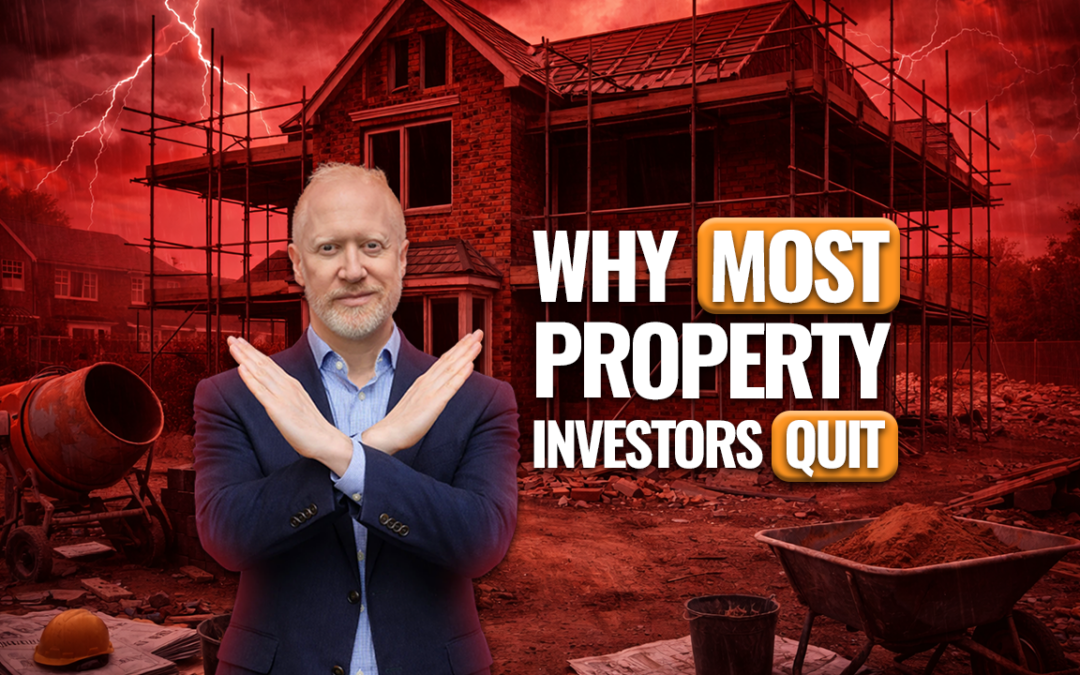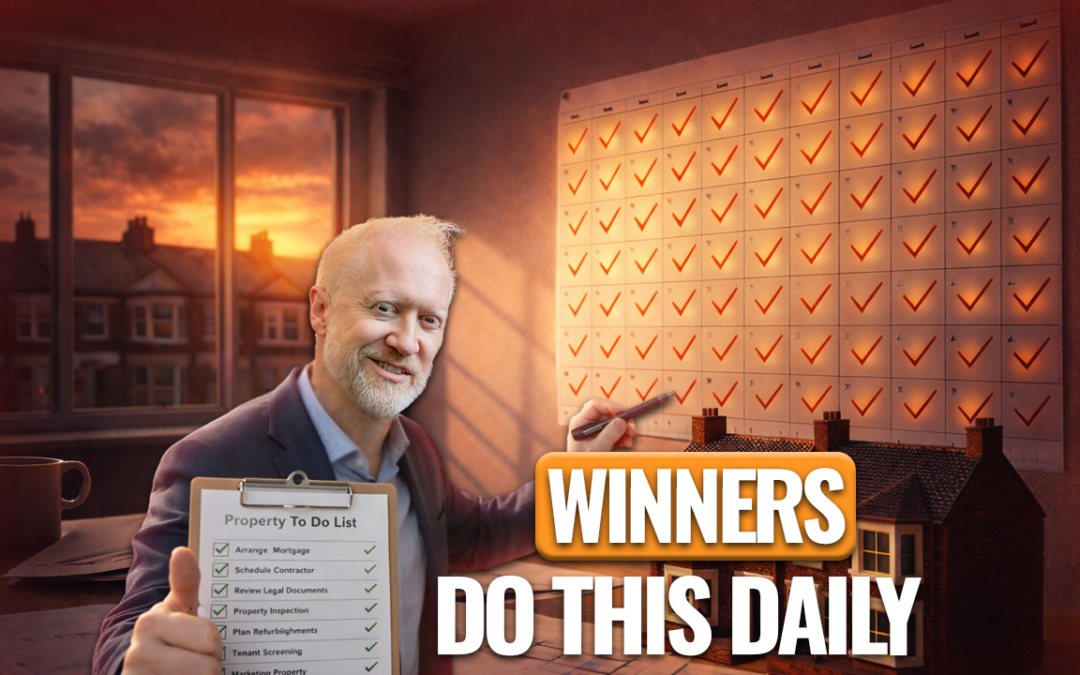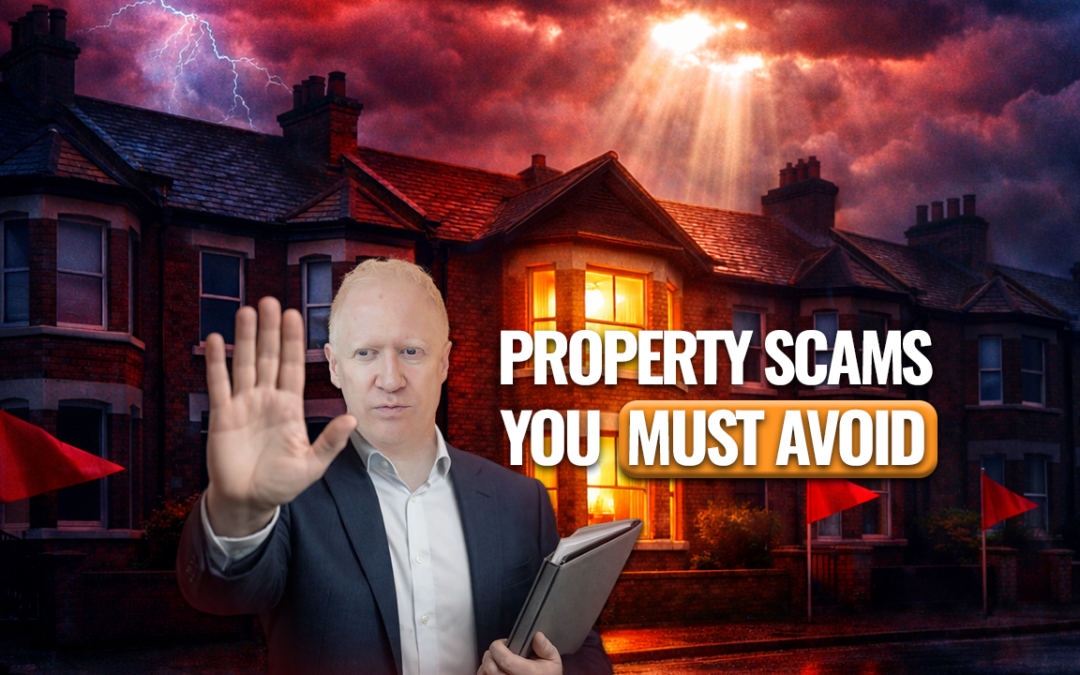The UK property market faces one of the biggest shocks in years. The Labour Party is considering a new House Value Tax UK, designed to act as both a Stamp Duty replacement UK and a Council Tax reform UK. This controversial Labour Party property tax plan could have major consequences, especially for landlords facing significant UK property investors tax changes.
On the surface, Labour promote this as a fairer and simpler way of taxing property. In reality, if you are a homeowner, landlord, or property investor, it could be very bad news. They pitch it as a stamp duty replacement UK and a modern council tax reform UK, but the real goal is raising revenue.
In this blog, I’ll explain what the proposed tax is, why Labour want it, and most importantly, what it could mean for you.
What is the House Value Tax UK and How Would It Work?
The government are discussing the House Value Tax UK as a radical shake-up of property taxation. Instead of paying Stamp Duty once when you buy a home, or Council Tax based on outdated 1991 bands, you would pay an annual charge linked to the current market value of your property.
The Institute for Fiscal Studies have long argued that the UK needs major property tax reform. Labour may see this proposal as a way to respond to those calls.
A stamp duty replacement UK would turn a one-off cost at purchase into a recurring liability every year you own property.
For property investors with multiple buy-to-lets, HMOs, or portfolios, this could create a heavy and ongoing expense.
For more background, see BBC News on council tax reform.
Why the House Value Tax UK is Being Proposed by Labour
The Labour Party property tax plan is driven by the need to fill a large gap in Treasury finances. Labour have already promised not to raise:
-
Income tax
-
Corporation tax
-
National Insurance
That leaves property as the easiest target. Labour present this as a council tax reform UK and a stamp duty replacement UK. They argue it will make the system simpler and more equitable.
But the truth is clear: the Labour Party property tax plan is designed to raise billions, not to make life easier for property owners.
Why the House Value Tax UK is Being Proposed by Labour
Under today’s rules, buyers pay Stamp Duty Land Tax once, at purchase. With the House Value Tax UK, the cost would become annual.
For landlords and portfolio investors, this could mean thousands in extra costs every single year. What looks like a stamp duty replacement UK could drain far more money in the long term.
Who Would Pay More, and Who Would Pay Less?
The impact of a House Value Tax UK would not be the same across the country.
-
In high-value areas such as London and the South East, homeowners and landlords could face much higher bills.
-
In lower-value regions, some might pay less than they do now in Council Tax.
This regional divide could shift demand and even property prices, as investors and homeowners reconsider where to buy.
How the New Property Tax UK Could Impact Landlords and Investors
For landlords and investors, this is more than a political idea. It is a direct threat to cash flow, yields, and long-term strategy.
-
Ongoing costs: A one-off Stamp Duty charge would turn into an annual tax bill on every property you own.
-
Portfolio pressure: Investors with multiple properties could lose thousands each year in extra costs.
-
Motivated sellers: Landlords unable to cope may be forced to sell, creating opportunities but also volatility.
These are the kinds of UK property investors tax changes that reshape markets. If you do not prepare, your portfolio could suffer.
The Treasury already depends heavily on property taxes. Their own reports on property taxshow that reliance. A House Value Tax UK would deepen it further.
My Take: What You Should Do Now
I’ve been investing in property for over 30 years. One thing I know is this: tax changes often move markets long before they become law.
Here’s what I suggest:
-
Stress test your deals: Add a small percentage of your property value as a potential tax and see how your cash flow holds up.
-
Don’t panic sell: We’ve seen tax changes before. Investors who plan ahead often come out stronger.
-
Stay informed: Policy debates create uncertainty, and uncertainty creates opportunities for educated investors.
Final Thoughts: The Future of the House Value Tax UK
The proposed House Value Tax UK is not law yet. Even so, the Labour Party property tax plan could change how property is taxed in the UK.
For homeowners, it could mean higher bills. For landlords and investors, it could squeeze profits, force sales, and change how portfolios are managed.
Whether or not Labour push this through, the smart move is to prepare. Stay agile and connect with other investors who are already taking action. These kinds of UK property investors tax changes should not be ignored.


